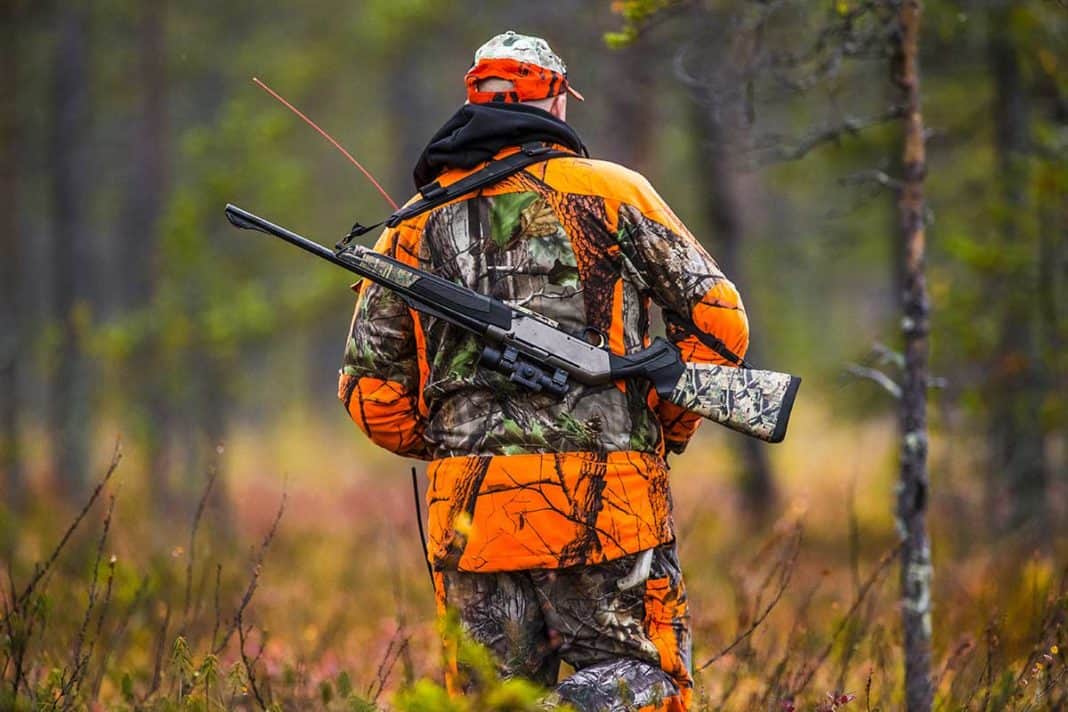PETERBOROUGH—A decision announced last week by the Ministry of Natural Resources and Forestry (MNRF) is being welcomed with open arms by the Ontario Federation of Anglers and Hunters (OFAH) as it will reduce the risk of chronic wasting disease (CWD) entering Ontario.
“This is definitely great news,” stated Dr. Keith Munro, wildlife biologist with the OFAH. “Especially changes that restrict the movement of live captive animals by the deer farming industry. This is something we’ve been advocating for quite awhile.”
“The OFAH is extremely pleased with today’s announcement,” said Dr. Munro. “The importance of the changes cannot be overstated. They put in place meaningful barriers that will prevent the spread of CWD and safeguard our native white-tailed deer, moose, elk and caribou. While continued work is needed to keep Ontario CWD-free, this is a major accomplishment and we applaud the government for making these changes.”
“This proposal addresses the problem and the pathway on how to get where we need to,” said Dr. Munro. “It’s a big deal. Over the past year we’ve seen the province’s CWD prevention response plan and it, and this most recent announcement shows they understand the concerns. These are excellent steps that will help to keep CWD out of Ontario; these are excellent steps and badly needed.”
Dr. Munro’s comments come after a decision by MNRF to amend regulations under the Fish and Wildlife Conservation Act, 1997, to reduce the risk of CWD entering or spreading in Ontario.
“Amendments have been made to Ontario Regulation 665/98 (Hunting) and Ontario Regulation 666/98 (possession, buying and selling of wildlife) to reduce the risk of (CWD) disease entering into, or spreading within Ontario. These regulatory amendments come into effect January 1, 2021 and include the following measures: prohibiting import of all species of live cervids (members of the deer family, including deer, elk, moose and caribou) into Ontario, with some exceptions.”
“It is prohibited to import into Ontario live cervids of any species from other jurisdictions, unless a person obtains an MNRF permit. To be eligible for a permit, live cervids must have fully certified status in a state/provincial/territorial CWD herd certification program and may only be imported from jurisdiction free from CWD during the six-year period prior to the date of import. Applicants for an import permit must provide confirmation of an animal health assessment and movement history from a qualified veterinarian,” the decision reads.
“Imported cervids must either be delivered to a place for slaughtering, taken to a place of captivity that meets prescribed regulatory requirement relating to biosecurity (fencing/gating), or be in transit through Ontario to another jurisdiction (e.g., British Columbia to Quebec),” the decision continues.
“Imported cervids must be uniquely identified and must remain sealed in their transport vehicle while in transit within or through Ontario.”
The decision prohibits the movement of live captive cervids between locations within Ontario, with some exceptions. It is prohibited to move live captive cervids between points within Ontario unless a person obtains an MNRF permit. And, to be eligible for a permit, cervids being moved must be born in Ontario, have lived in Ontario for at least five years, or meet importing requirements. Cervids must not have been in contact with other cervids that would not meet the same criteria. Applicants for a movement permit must provide confirmation of an animal health assessment and movement history from a qualified veterinarian.
The amendments also include expanding the existing prohibition on the possession and use of lures, scents and attractants made from parts of cervids; and expanding the existing prohibition on import into Ontario of high-risk parts of cervids hunted in other jurisdictions.
Following consultation, the ministry made one change to further reduce the risk of CWD entering Ontario by prohibiting the import of canine teeth and full skulls with all tissue removed into Ontario.
“The importance of the changes cannot be overstated,” Dr. Munro said on the OFAH website. “They put in place meaningful barriers that will prevent the spread of CWD and safeguard our native white-tailed deer, moose, elk and caribou.”
“While continued work is needed to keep Ontario CWD-free, this is a major accomplishment and we applaud the government for making these changes,” added Dr. Munro.





